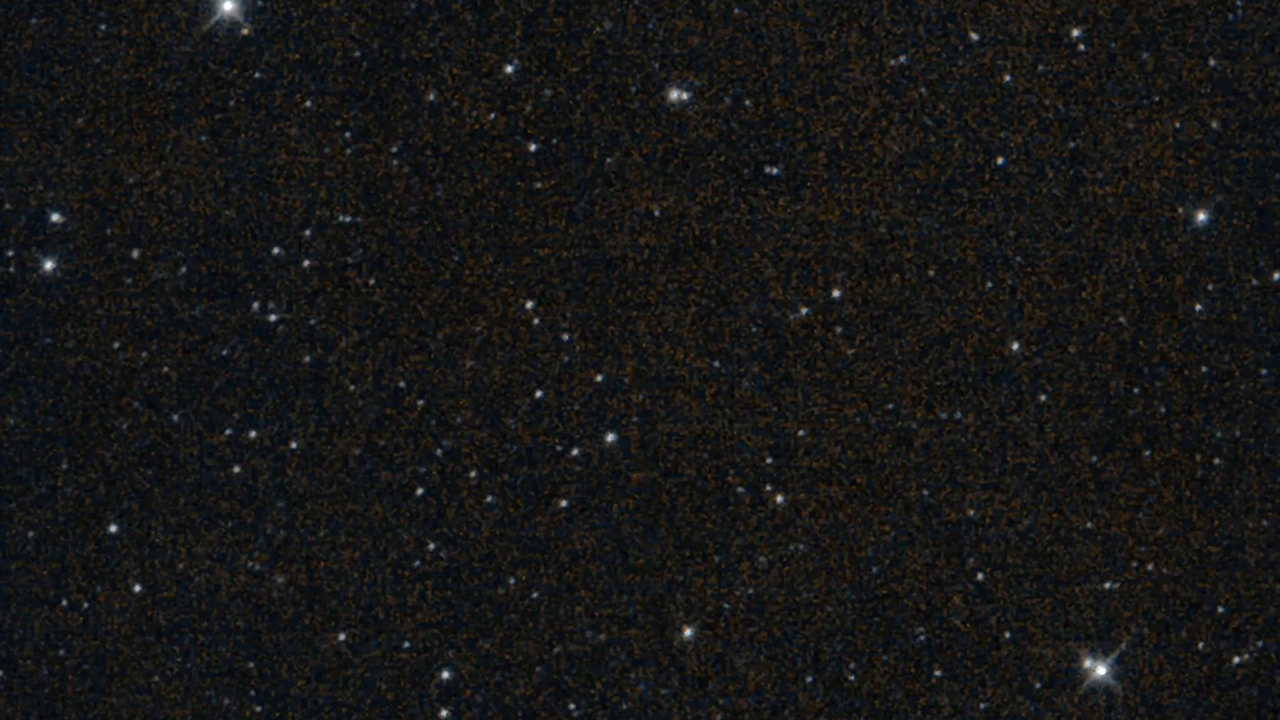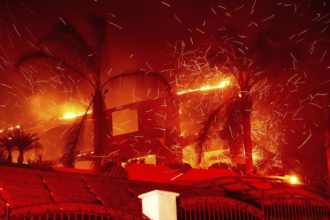Nasa’s Near-Earth Object Wide-field Infrared Survey Explorer (NEOWISE) has concluded its mission, marking the end of a journey spanned over a decade. The telescope, which began as the Wide-field Infrared Survey Explorer (WISE), captured its final image of the Fornax constellation in Southern California, a snapshot that is more than just a beautiful view, according to the New York Times.
To the casual observer, the image of Fornax might seem unremarkable, but for the scientists and engineers gathered, it symbolised the culmination of NEOWISE’s extraordinary mission. Launched in 2009, WISE originally aimed to explore the universe’s farthest reaches, observing distant galaxies, supermassive black holes, and more. It was not initially designed for near-Earth observations, but scientists soon realised its potential for asteroid detection.
“This was the little space telescope that could,” said Amy Mainzer, an astronomer at the University of California, Los Angeles, and principal investigator for NEOWISE. “We were really lucky to get to do this work.”
In its early days, WISE made significant discoveries, including the first asteroid sharing Earth’s orbit, known as a Trojan. It also observed the asteroid Dinkinesh, providing important data for a subsequent Nasa flyby.
Following its initial mission, the telescope’s focus shifted to asteroid detection, rebranded as NEOWISE. After a break, Nasa revived the spacecraft in 2013 for a dedicated planetary defence mission. Over the next 11 years, NEOWISE catalogued more than 44,000 solar system objects, including a comet named after the spacecraft that dazzled night skies in 2021.
However, increasing solar activity led to NEOWISE’s orbital degradation. Previously orbiting at 310 miles above Earth, it now resides at just 217 miles. On July 31, the scientific survey concluded, and by August 8, the team shut down the data transmitter for the final time. NEOWISE is expected to burn up in Earth’s atmosphere by end of the year.
Despite the end of NEOWISE’s operational life, the scientific team’s work continues. “For us on the science team, our mission is far from over,” Dr. Mainzer noted. The final data set is due for release in the fall, with several scientific papers to follow.
Dr. Mainzer, who has been with the mission for over two decades, showed optimism about the future. While NEOWISE’s mission has ended, it paves the way for Nasa’s next-generation planetary defender, the Near-Earth Object Surveyor, slated for launch no earlier than 2027. “It’s the end of an era,” she said, “but the beginning of a new one.”
To the casual observer, the image of Fornax might seem unremarkable, but for the scientists and engineers gathered, it symbolised the culmination of NEOWISE’s extraordinary mission. Launched in 2009, WISE originally aimed to explore the universe’s farthest reaches, observing distant galaxies, supermassive black holes, and more. It was not initially designed for near-Earth observations, but scientists soon realised its potential for asteroid detection.
“This was the little space telescope that could,” said Amy Mainzer, an astronomer at the University of California, Los Angeles, and principal investigator for NEOWISE. “We were really lucky to get to do this work.”
In its early days, WISE made significant discoveries, including the first asteroid sharing Earth’s orbit, known as a Trojan. It also observed the asteroid Dinkinesh, providing important data for a subsequent Nasa flyby.
Following its initial mission, the telescope’s focus shifted to asteroid detection, rebranded as NEOWISE. After a break, Nasa revived the spacecraft in 2013 for a dedicated planetary defence mission. Over the next 11 years, NEOWISE catalogued more than 44,000 solar system objects, including a comet named after the spacecraft that dazzled night skies in 2021.
However, increasing solar activity led to NEOWISE’s orbital degradation. Previously orbiting at 310 miles above Earth, it now resides at just 217 miles. On July 31, the scientific survey concluded, and by August 8, the team shut down the data transmitter for the final time. NEOWISE is expected to burn up in Earth’s atmosphere by end of the year.
Despite the end of NEOWISE’s operational life, the scientific team’s work continues. “For us on the science team, our mission is far from over,” Dr. Mainzer noted. The final data set is due for release in the fall, with several scientific papers to follow.
Dr. Mainzer, who has been with the mission for over two decades, showed optimism about the future. While NEOWISE’s mission has ended, it paves the way for Nasa’s next-generation planetary defender, the Near-Earth Object Surveyor, slated for launch no earlier than 2027. “It’s the end of an era,” she said, “but the beginning of a new one.”
Source : Times of India






